The U.S. Supreme Court has supported South Carolina Republicans in a gerrymandering case, ruling that the Republicans’ redistricting wasn’t driven by race. Instead, it was driven by partisan politics, which isn’t illegal.
This ruling comes as many Democrats have claimed that Republican-led states are trying to restrict areas to dilute minority votes.
Redrawing a Congressional District
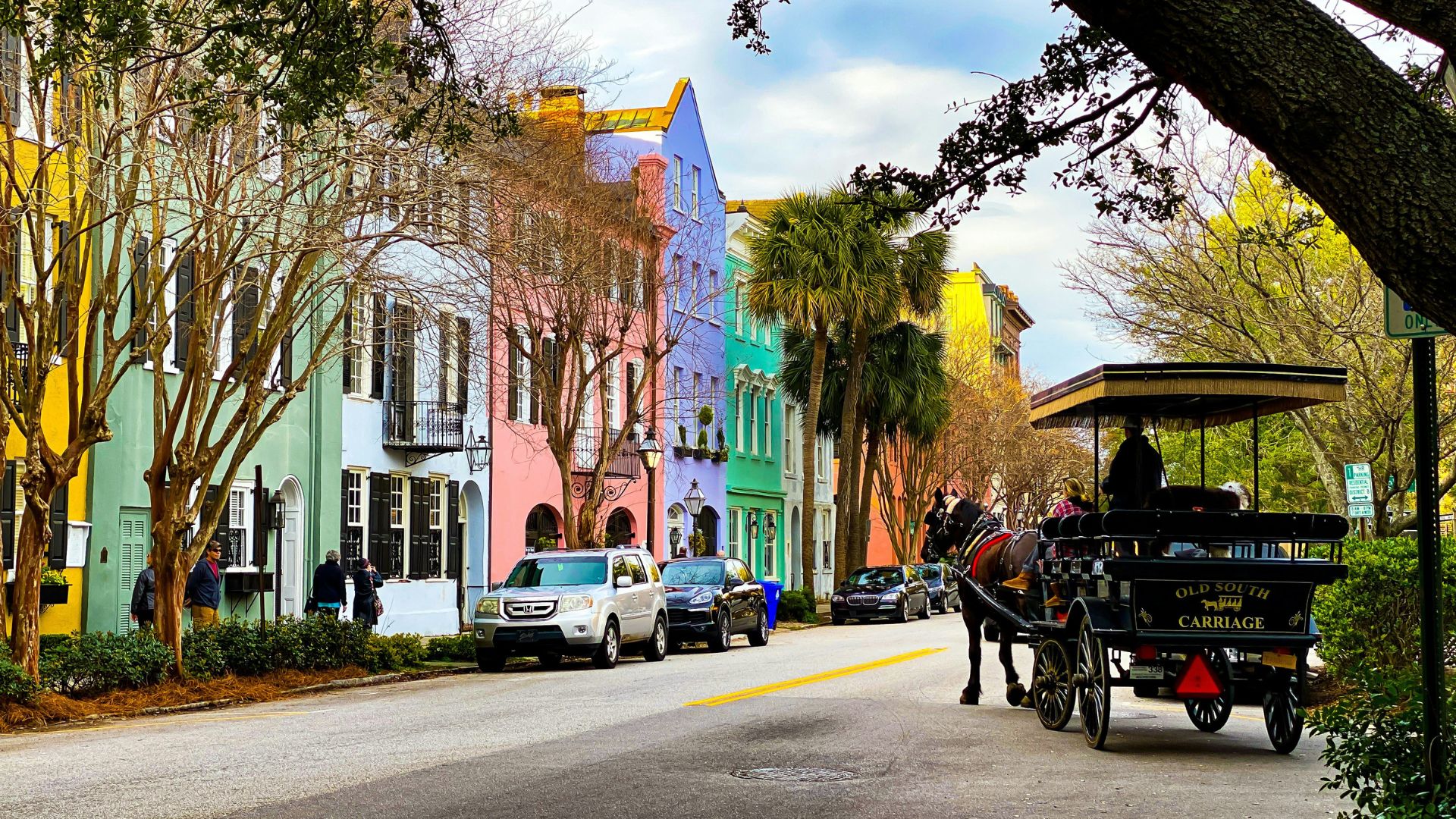
This latest case that was heard before the Supreme Court deals with the backlash Republicans in South Carolina faced when they redrew a congressional district in Charleston.
This redrawing of this area of the state ended up moving out 30,000 Black residents. Critics of this move have claimed that this has diluted the power of these Black residents’ vote.
The Supreme Court’s Ruling
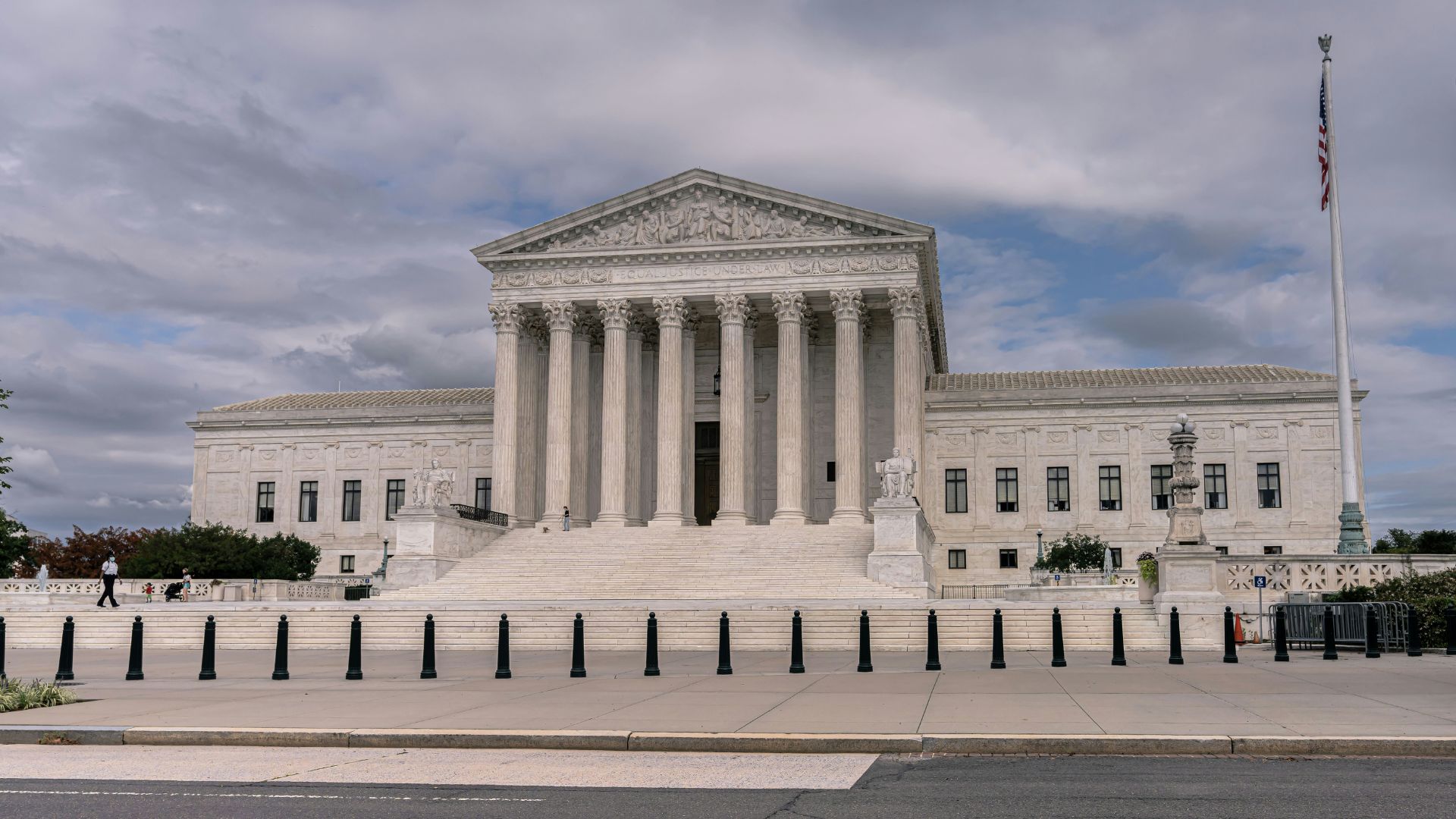
In a 6-3 decision, the Supreme Court has ruled to back these South Carolina Republicans. According to the ruling, there is no proof that these Republicans gerrymandered the area because of racial discrimination.
Redistricting an area because of race is illegal. Because there was no evidence to prove this discrimination, the justices ruled in favor of the South Carolina Republicans.
Conservative vs Liberal Justices
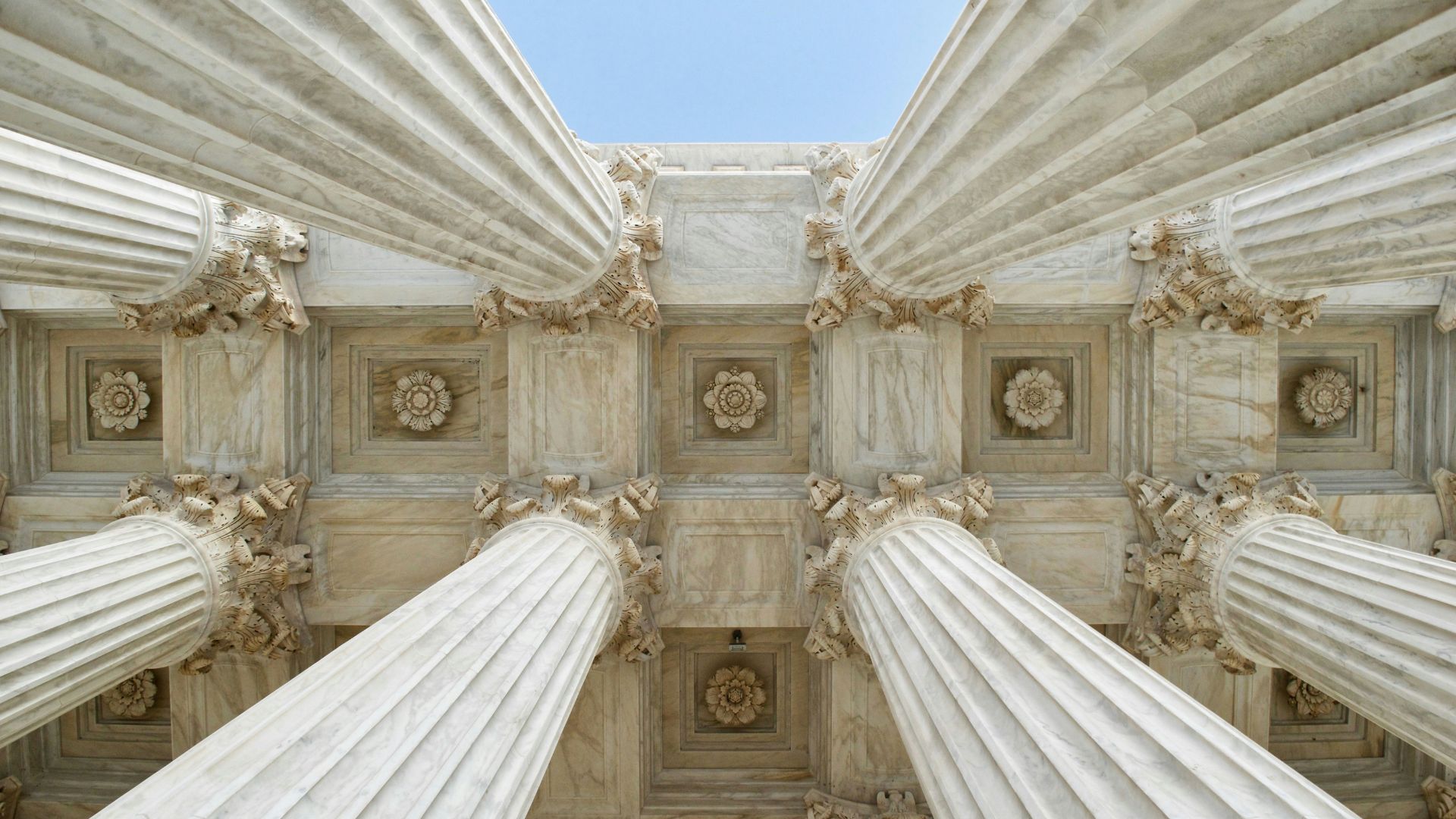
This 6-3 decision revealed that the conservative justices sided against the liberal justices on the bench completely.
The liberal justices sounded the alarm about what this decision could encourage throughout the country in their dissent.
Suppressing Minority Votes
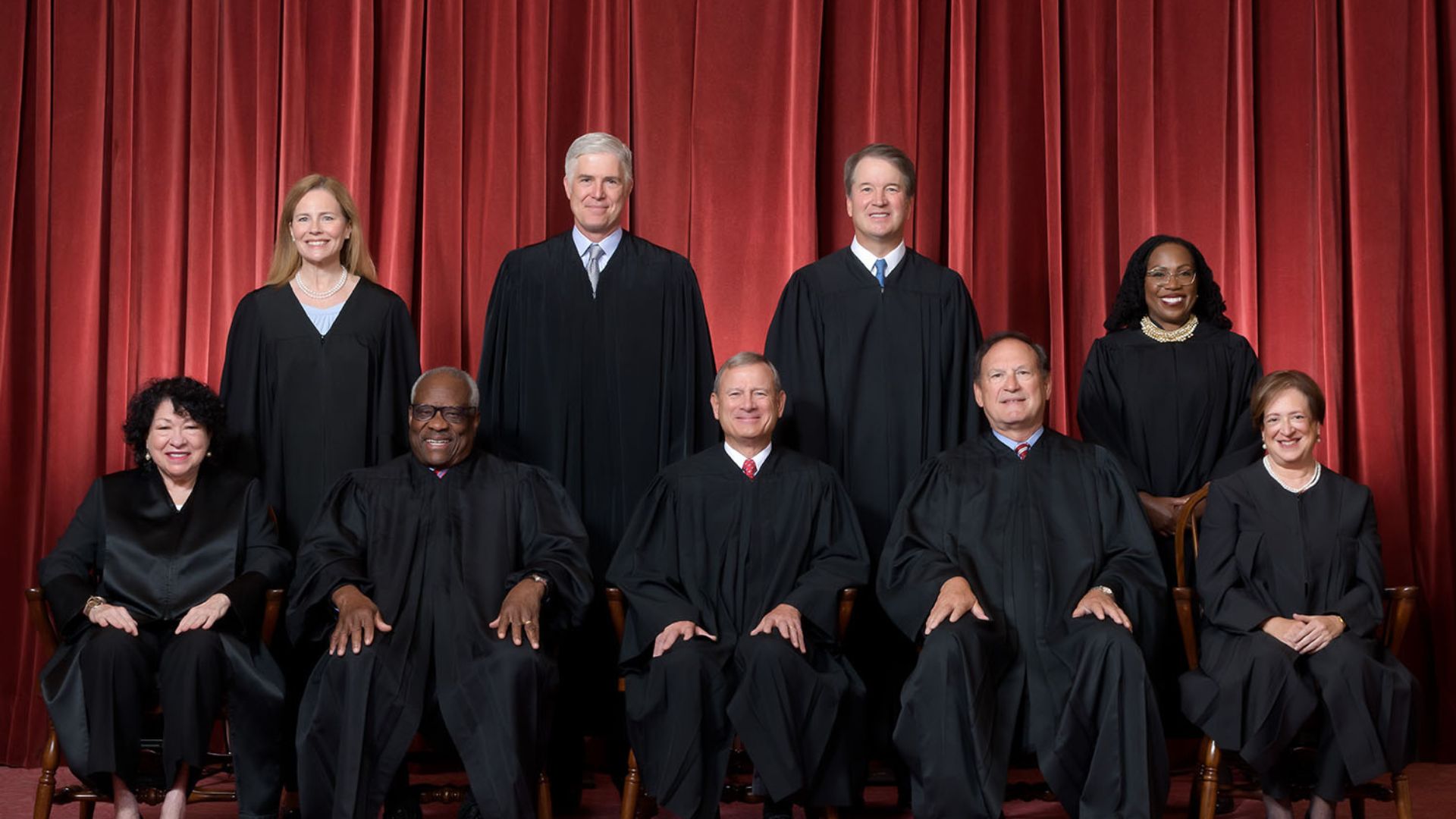
Justice Elena Kagan, a liberal judge, wrote in a dissent with her colleagues that this ruling could encourage other states to redistrict areas to better fit their partisan desires — or to suppress minority votes.
“Go right ahead, this court says to states today,” Kagan wrote in the dissent.
Reversing a Previous Ruling
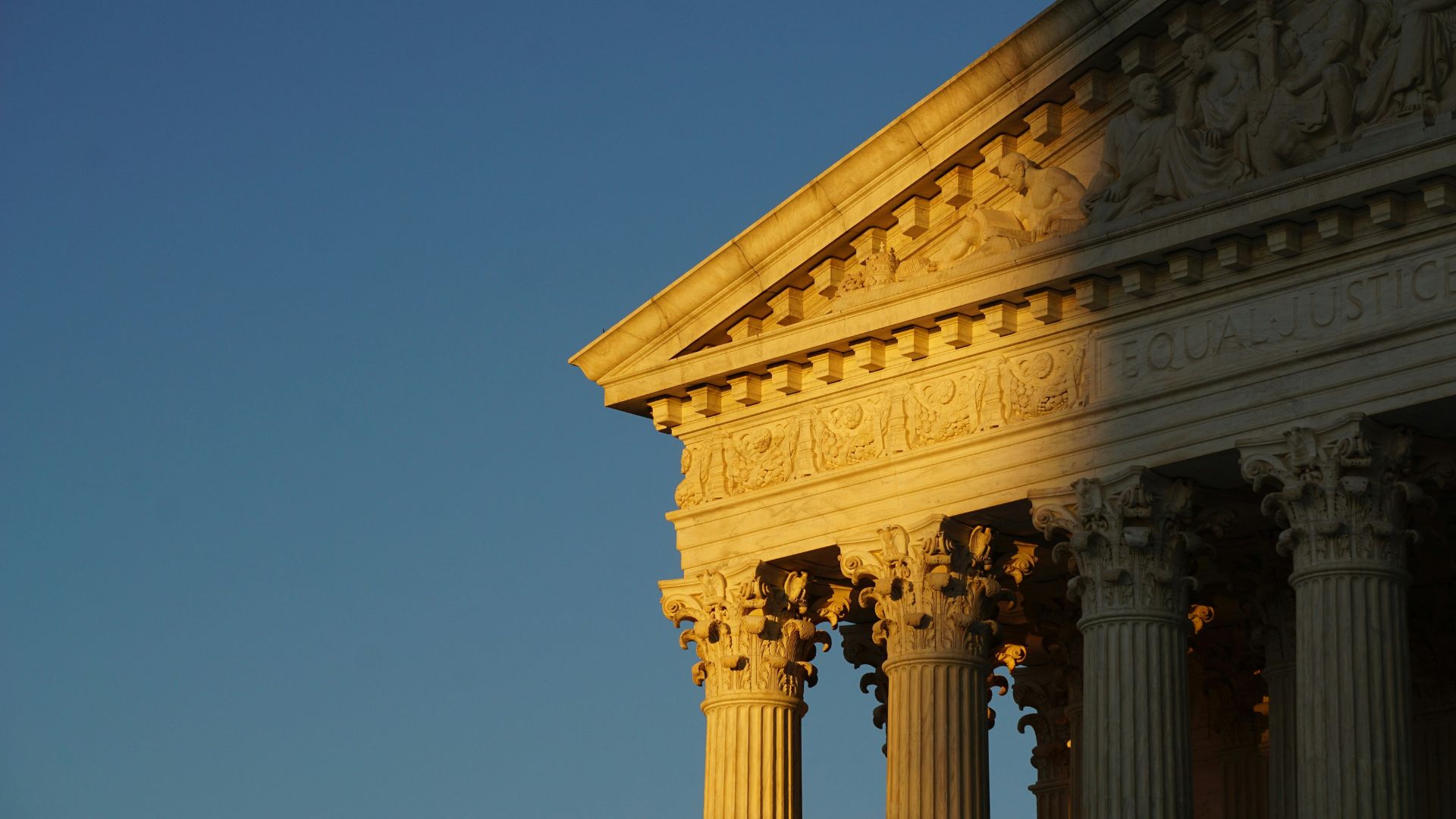
The decision to side with South Carolina Republicans resulted in the Supreme Court reversing a lower court’s previous ruling.
This previous decision had found that the Republicans’ new map had indeed violated the rights that Black voters have, thanks to the 14th Amendment. This amendment ensures that all voters have equal protection. The Supreme Court has fully reversed this decision.
Proving Racial Discrimination

According to the ruling, the Supreme Court’s six conservative judges believe that there is no proof that these South Carolina Republicans redrew a congressional map because of racial discrimination.
In their dissent, the opposing justices feel that the court’s decision could make it harder for others to prove that a redrawn map truly is the result of racially motivated discrimination.
Alito’s Response

Conservative Justice Samuel Alito authored the ruling that favored South Carolina Republicans. Alito explained that there is “no direct evidence” that they redesigned a district because of race.
Alito also claimed that “circumstantial evidence falls far short of showing that race, not partisan preferences, drove the districting process.”
Partisan Politics
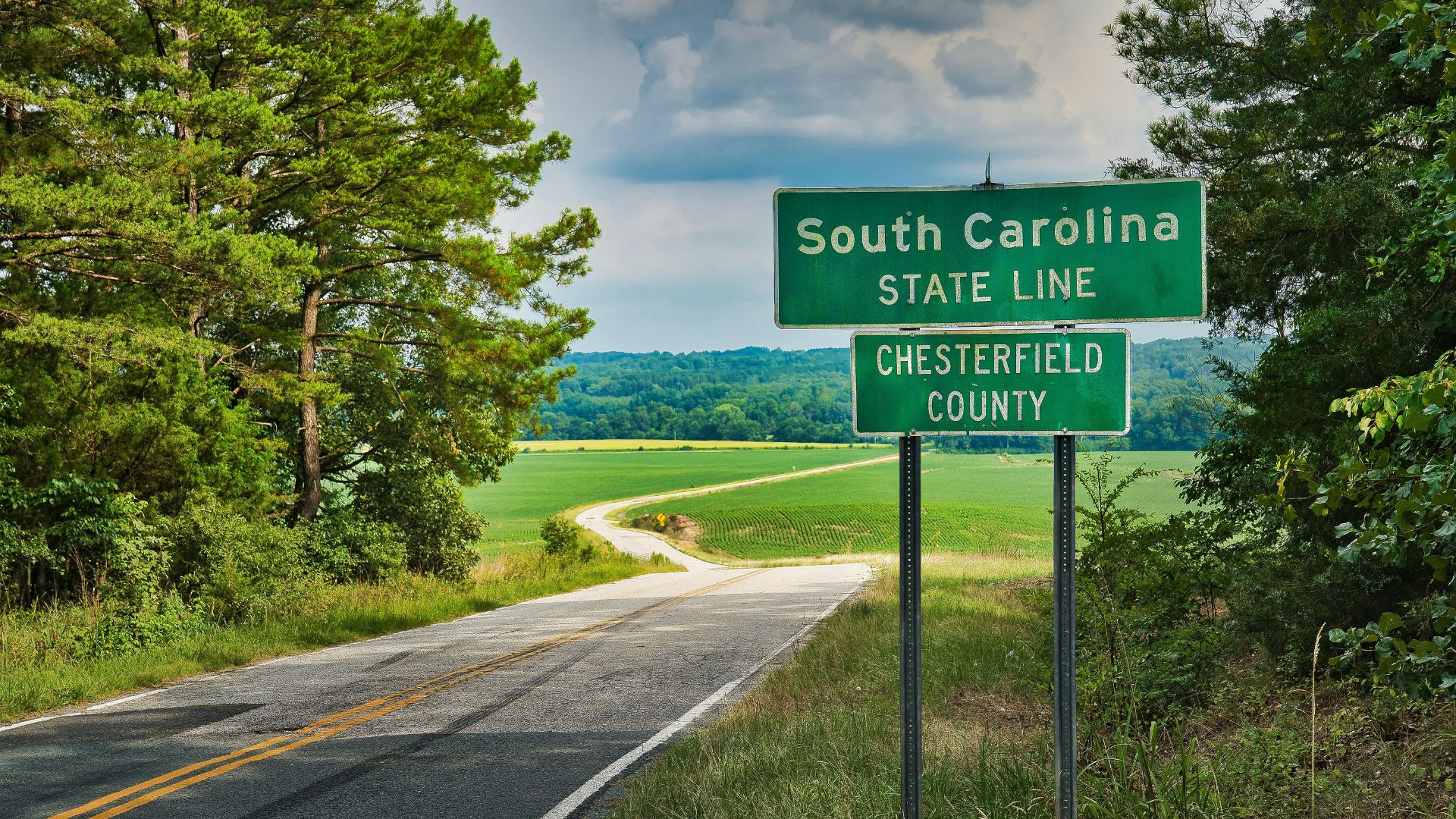
In their defense, South Carolina Republicans claimed that they didn’t redraw this map because of race. Instead, they did it because of partisan politics. Redrawing the map would give them a partisan advantage come election time.
In 2019, the Supreme Court ruled that redistricting for partisan advantage is not illegal, and therefore federal courts cannot review it. Redrawing maps because of race, however, is illegal.
Gerrymandering in the Future

Though a previous court found that this case was the result of racial gerrymandering, the Supreme Court has ruled the opposite. However, Kagan has claimed that this ruling could harm much of the country.
Kagan stated that this ruling “thwarts efforts to undo a pernicious kind of race-based discrimination.” She also added that it is “meant to scuttle gerrymandering cases.”
Backlash to the Ruling

This ruling has received backlash from many liberal justices — and liberal advocates — already. Kagan also stated, “We should demand better — of ourselves, of our political representatives, and most of all of this court.”
Meanwhile, Adriel Cepeda Derieux, an ACLU voting rights lawyer, said the ruling was “an affront to Black voters, democracy and precedent.”
Thomas Questions Supreme Court’s Role

Conservative Justice Clarence Thomas wrote a separate opinion that questioned whether the Court even has jurisdiction to solve these types of electoral map cases.
“Drawing political districts is a task for politicians, not federal judges,” Thomas wrote.
